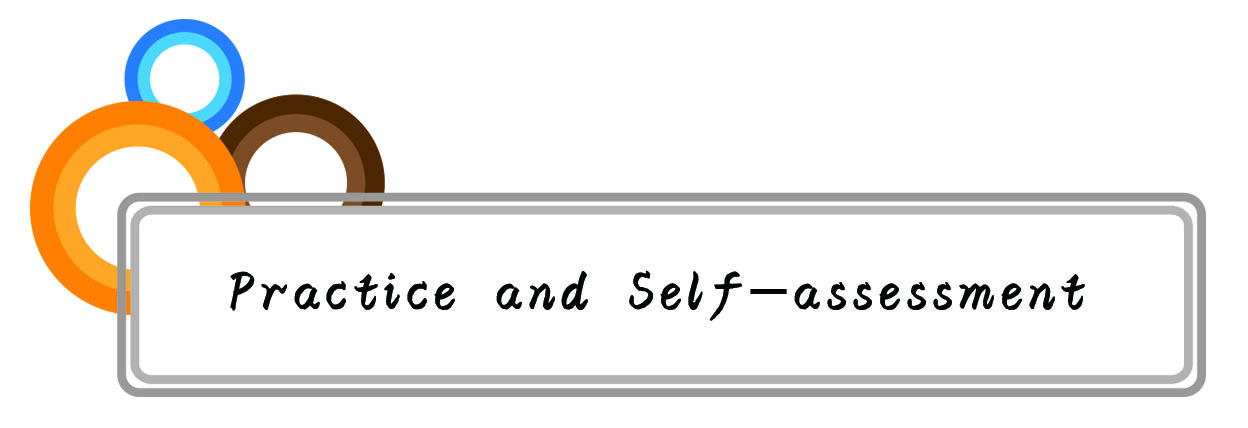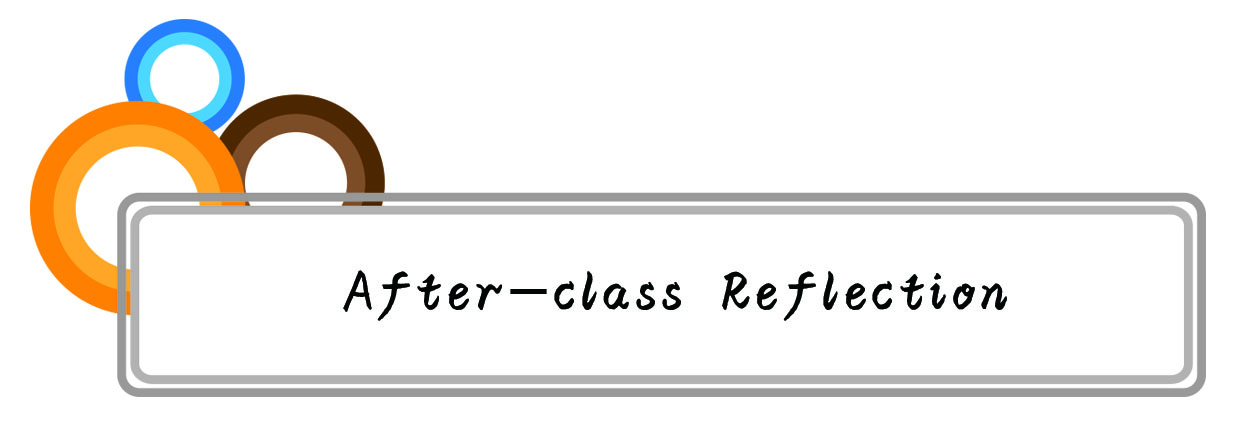
Task 1: Assume that you are teaching pronunciation. Here are some common classroom situations that you might encounter. What technique would you use or what explanation would you give?
(1) Many of your students speak English in a monotone.
(2) A student asks you for advice, saying: “People can’t tell whether I’m saying thirteen or thirty. What should I do?”
(3) A student says: “Sometimes I hear native speakers say SUSpect and at other times susPECT. Which one is correct?”
Discuss those situations with your partners. Share your explanation or techniques first.
Task 2: Task for Simulation Teaching of Pronunciation (at supra-segmental level)
超音段语音模拟教学任务单
项 目 | 说 明 |
教学任务 | Choose one of a role-play from each unit from Go for it or New Standard and learn how to teach Ss stress, rhythm, intonation and sound changes. |
教学目标 | (1)学会在对话等情境中教学超音段语音特征,如:重音、语流音变、节奏、语调等; (2) 能合理使用音视频、板书等手段辅助语音学习,突出重点; 能用身势语示范教学,突破难点。 |
教学时长 | 6分钟左右 |
| 教学地点 | 自找场地录像 |
| 教学评价 | 根据教学评估表,进行自评和互评 |
| 组织方式 | (1) 个人独立备课,撰写教学设计; (2) 以组为单位进行教学与观摩; (3) 每人只允许上一次; 每位同学将自己的视频和课件分别上传到相关文件包中,便于评价和资源共享 |
语音教学技能(超音段层面)评价参考表
授课者________ 授课内容__________________ 评课者_________
序号 | 评价指标 | 评价分数等级 (5 4 3 2 1) | |
自评分 | 互评分 | ||
| 1 | 发音示范标准 | ||
| 2 | 身势语能起有效提示作用 | ||
| 3 | 讲解简明扼要 | ||
| 4 | 带读方法恰当 | ||
| 5 | 能突出教学重点 | ||
| 6 | 能正确利用音频等辅助设备 | ||
| 7 | 能关注对话中的语调意义 | ||
| 8 | 组织训练方式有效 | ||
| 总分 | |||
互评评语 | |||



